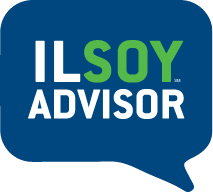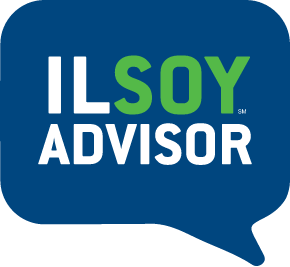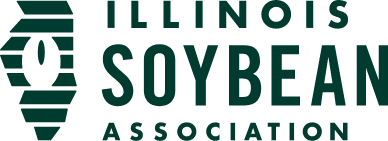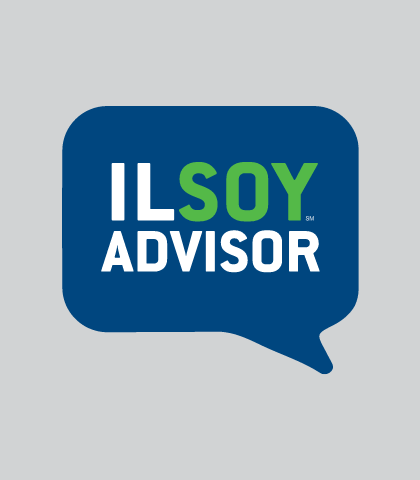The 2016 InfoAg Conference, held in St. Louis in early August, brought together over 1700 participants from 20 different countries to learn about and discuss new ideas and technology for crop production. When we started these conferences 21 years ago, we didn’t anticipate where precision farming and information management would lead. What we dreamed about in 1995 was not even close to what we have developed and implemented since then. Presentations by 110 speakers and about 150 exhibits provided insight into how these technologies are impacting crop production around the world.
Variable rate application of all inputs helps improve efficiency in use of seed, chemicals and nutrients; increase yields; and enhance environmental stewardship. A wide range of sensors helps guide management decisions and monitor changes in the crop and growing environments throughout the season. Satellite imagery, aircraft monitoring and UAV/drone observations have brought crop monitoring to less than 1-inch resolution, allowing us to track virtually everything that happens to a crop.
More importantly, we are learning how to relate that imagery to other observations and data to help guide decisions. Automatic soil sampling enhances and speeds up the important job of assessing soil nutrient supplies. Yield monitors help us integrate the effects of all inputs and weather conditions. Data can be collected by “black box” data modules from all machines, and transmitted in real time directly to the Internet “Cloud” to be accessible by the farmer and his advisers for making immediate decisions on field activities.
Probably the most prominent topic of discussion was how to manage all the data we are now able to collect. From “big data” networks and services to improved methods of collecting data, the “INFO” part of InfoAg was clearly the hot topic this year … and offers greater opportunities than ever to bring precision farming technology to every farm.
While the tools themselves are exciting to see and learn about, the most important progress has been in the management, analysis and interpretation of all of the data generated in today’s precision farming systems. Great progress has been made in getting all of the systems to “work together” and use the data generated to make better-informed management decisions. It is now possible to maintain a historical database of all inputs, growing conditions, field operations, crop responses and yield components to help provide a “road map” for decisions in future years.
On-farm research has been greatly simplified so that new practices, genetics and production inputs can be evaluated on YOUR farm under YOUR management. The tools are at your disposal and every field can become a research site with little extra effort and without interfering with normal production. Now the normal operations of your planter, sprayer, fertilizer applicator and combine can become data collection devices to help document everything that goes into growing a crop. Data management and interpretation are facilitated by a wide variety of record-keeping packages to glean the most value from that data.
Over the years, perhaps the most important outcome of the InfoAg Conferences has been the networking among the participants. Contacts made at InfoAg have led to many cooperative efforts among technology companies, farmers, scientists, consultants and others. “Seeds of cooperation” sown in 2016 will grow into a new crop of technology tools for the future.
If you didn’t attend InfoAg 2016, you can review the program, exhibitor overviews and summaries of many of the presentations online here. (Organizers will be posting these summaries soon.) And mark your calendar for InfoAg 2017, on July 25 – 27 at Union Station in St. Louis, Missouri. Watch the website for details.
Harold Reetz is a Certified Crop Adviser working as an agronomy consultant in Monticello, Illinois. His areas of expertise include high-yield crop production, precision farming technology, 4R plant nutrient management systems and conservation systems.






 and then
and then